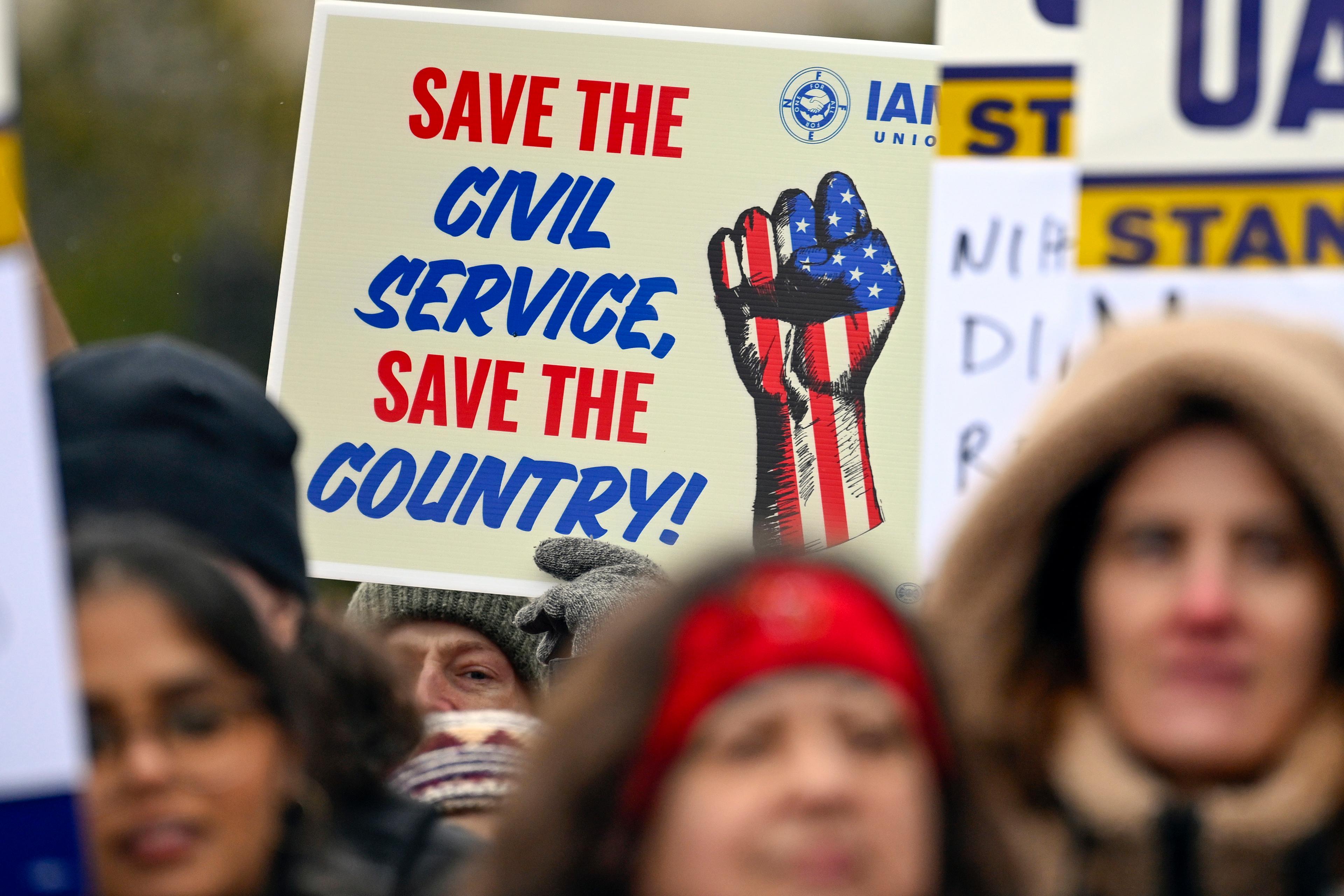As Friday’s deadline approaches, the fate of hundreds of thousands of federal employees hangs precariously in the balance, directly tied to Congress’s urgent ability to extend government funding. The intricate machinery of the U.S. government, from national security operations to public services, faces potential disruption should lawmakers fail to reach an agreement.
The political landscape contributing to this impasse is complex. A bipartisan plan that would have funded the government through March has encountered opposition, notably from President-elect Donald Trump. This has put immense pressure on lawmakers to forge an alternative accord swiftly, ideally before the upcoming holiday season.
Should Congress fail to avert the looming government shutdown, a clear division would emerge within the federal workforce. Only those deemed essential for critical operations would continue reporting to duty, while all others would be placed on temporary, unpaid leave.

This stark reality means that nonessential federal workers would be furloughed. According to shutdown plans outlined in 2023 and summarized by Reuters, these employees would be told not to work and would initially miss out on their regular paychecks, creating immediate financial uncertainty for them and their families.
Even federal workers classified as essential, including crucial personnel like air traffic controllers and law enforcement officers, would face immediate pay disruption. Although these dedicated employees would remain on the job, their compensation would be delayed until a funding deal is ultimately reached by Congress.
A significant piece of legislation passed in January 2019 provides a crucial safety net, however. Under this law, all federal workers, regardless of whether they are furloughed or deemed essential and working without immediate pay, are guaranteed to receive backpay once government funding is restored.

The scale of the federal workforce underscores the breadth of the potential impact. Nearly 2 million federal workers are employed across all 50 states and the District of Columbia, according to data from the U.S. Office of Personnel Management. A shutdown affects this vast network of individuals and the vital functions they perform daily.
A furlough, in the context of a government shutdown, is specifically defined as a temporary, non-disciplinary order for employees to return home without pay. This measure is implemented, as OPM’s Guidance for Shutdown Furloughs explains, because budgeted funds are simply unavailable for their positions during the funding lapse.
The guarantee of retroactive wages, secured by the 2019 legislation, offers reassurance that lost income will eventually be recouped. Nevertheless, the immediate absence of paychecks can impose significant hardship, forcing employees to navigate weeks or potentially longer periods without their expected income.

Looking at specific sectors, federal law enforcement agencies are largely structured to remain operational during a shutdown. Agents at the FBI, the Drug Enforcement Administration, and other federal law enforcement bodies would continue their critical work, as would staff members within the nation’s prison system.
Security and border management functions would also see minimal disruption in terms of personnel presence. Most Border Patrol agents, immigration enforcement agents, and customs agents are expected to remain on the job, maintaining essential border security and enforcement activities across the country.
However, the impact isn’t uniform across all aspects of border management. While federal agents remain, local governments that rely on federal aid for operating migrant shelters would not receive new funding during a shutdown period.

Further safeguarding national security and executive protection, the Secret Service and the Coast Guard are both expected to continue operating at nearly full staffing levels. Their missions, deemed essential, take precedence in contingency planning.
For millions of travelers, particularly with holidays approaching, the status of transportation security is a key concern. The good news is that holiday travel plans are generally unlikely to be significantly disrupted by a government shutdown.
Critical personnel overseeing air travel would remain on duty. Transportation Security Administration agents who manage airport security checkpoints across the nation, along with vital air-traffic control workers responsible for guiding aircraft safely, would be required to continue their work.
Related posts:
What federal workers would lose pay during a government shutdown? What to know




